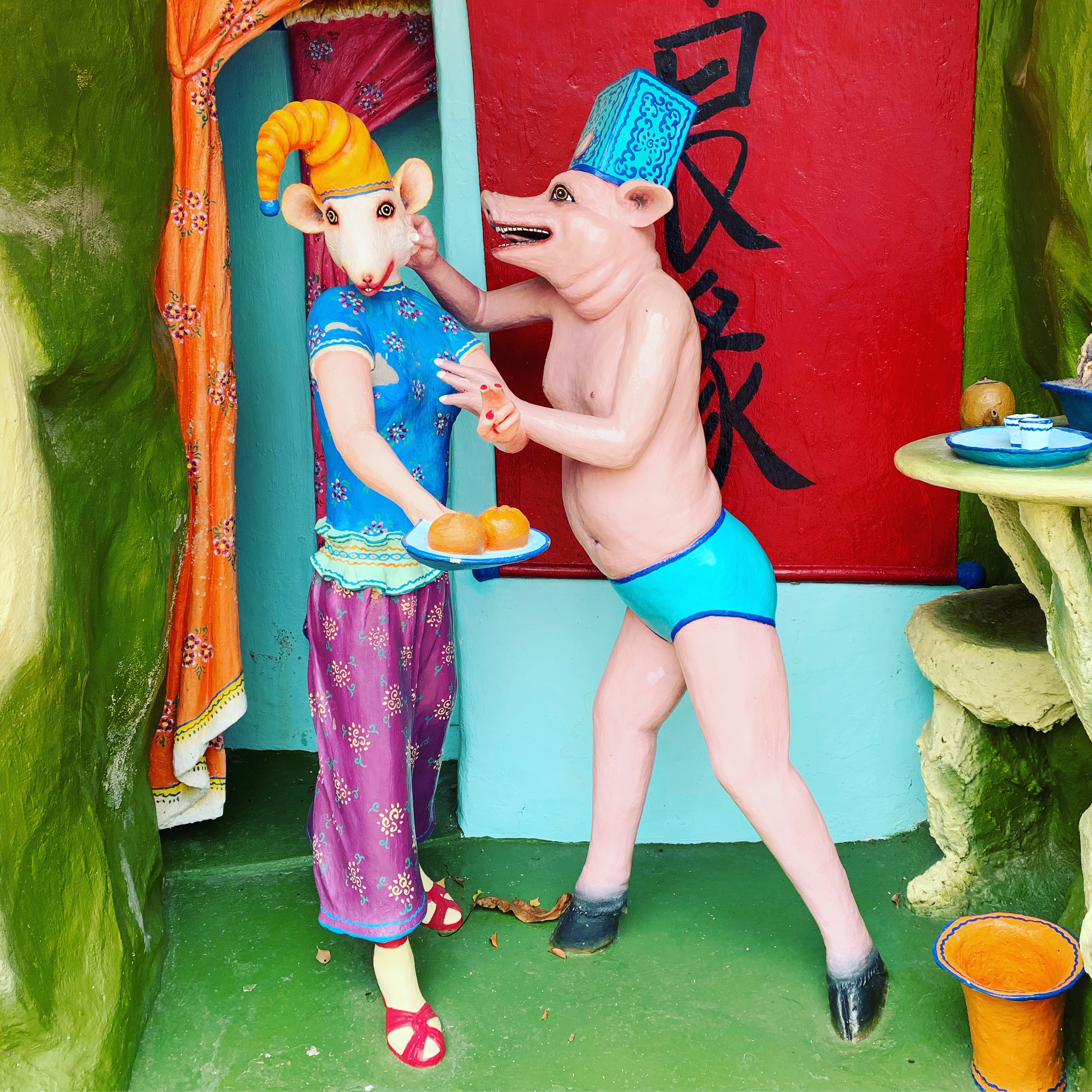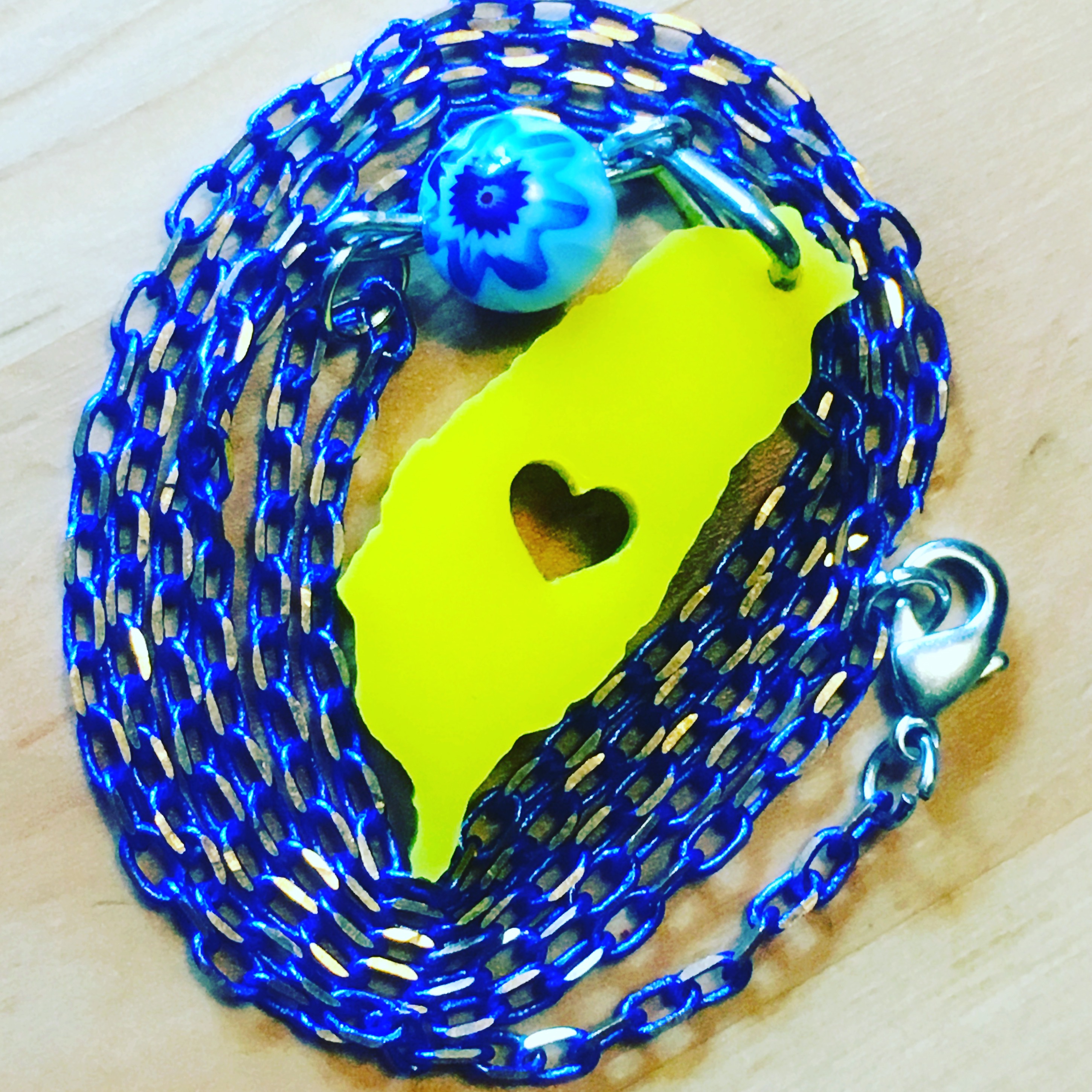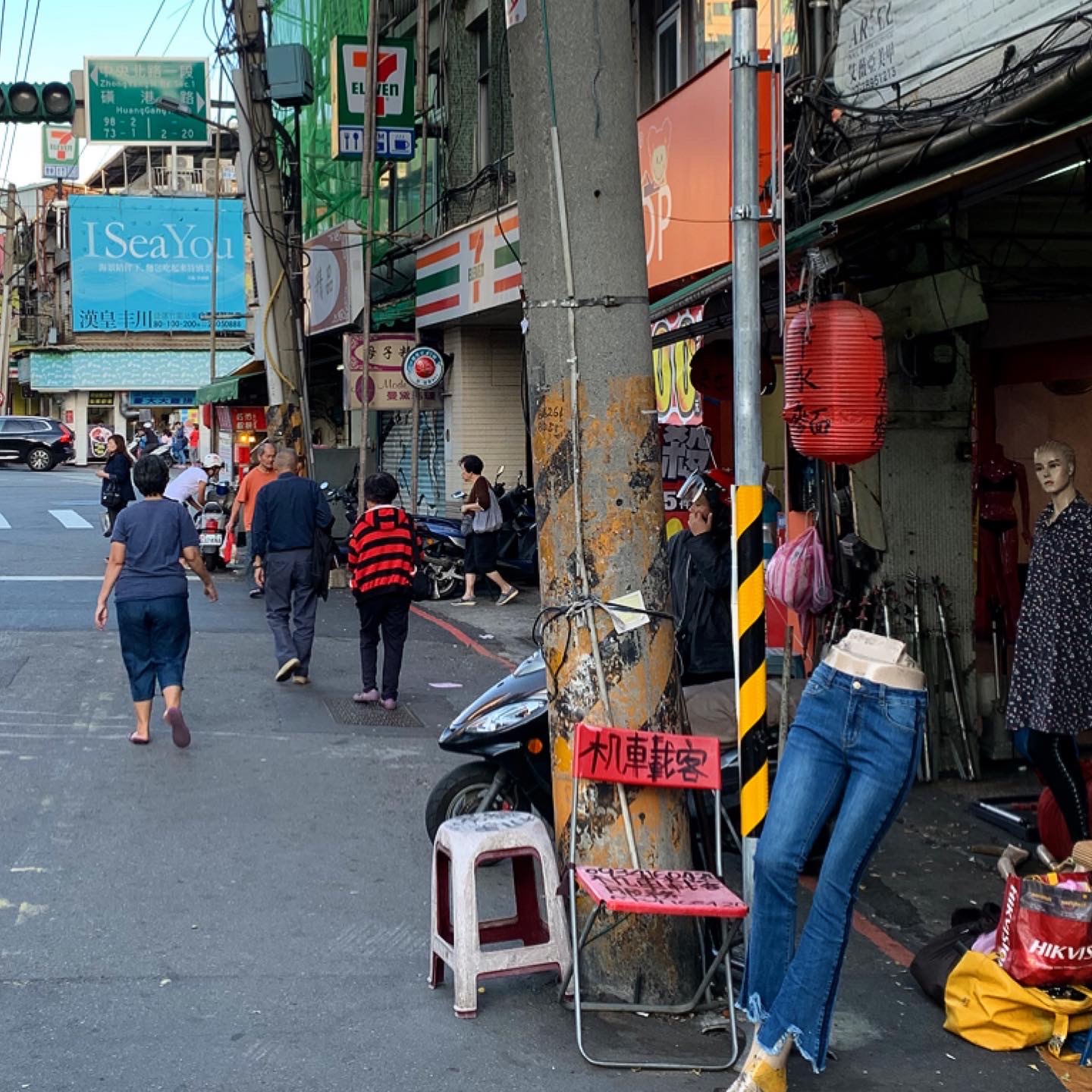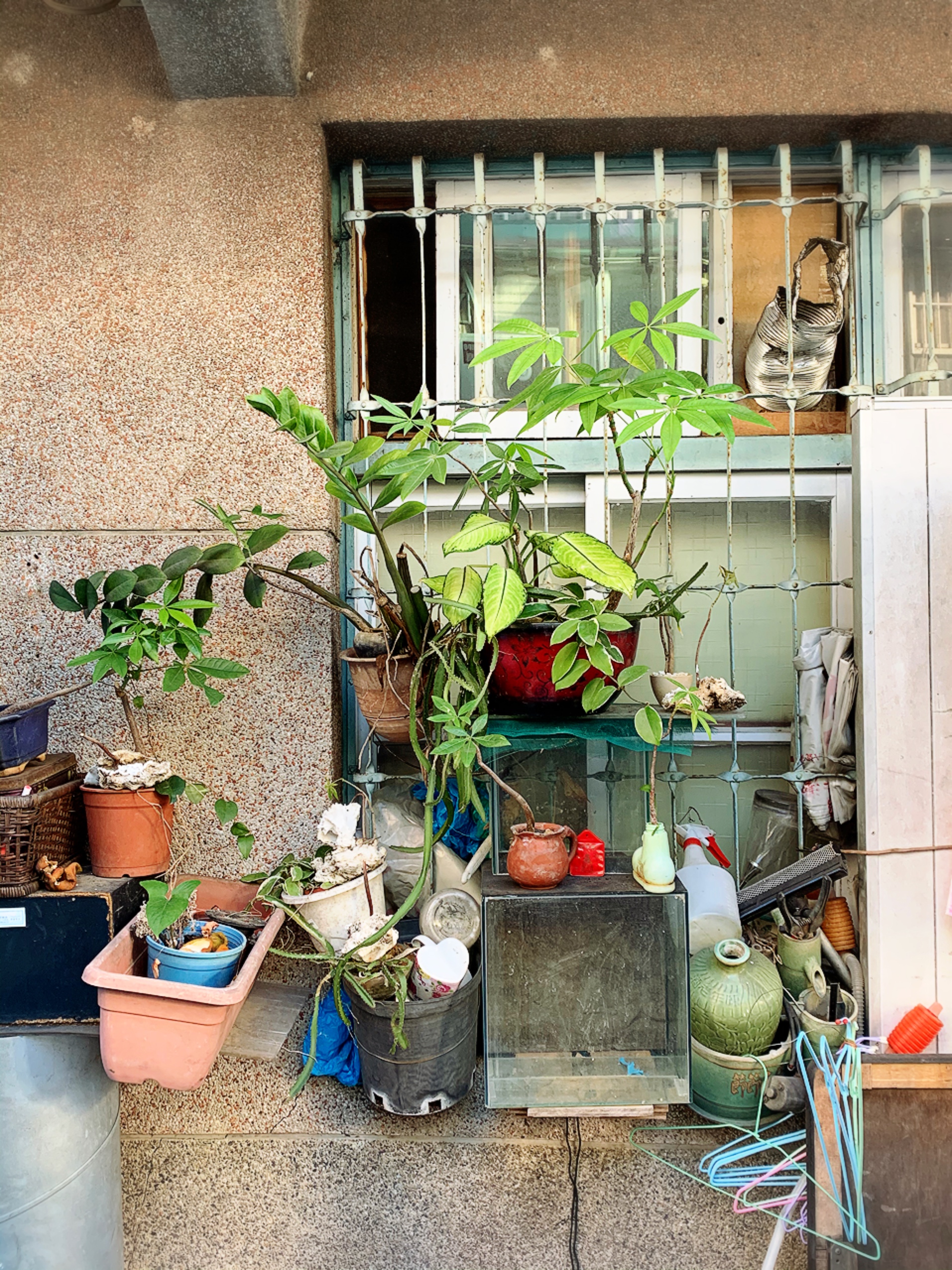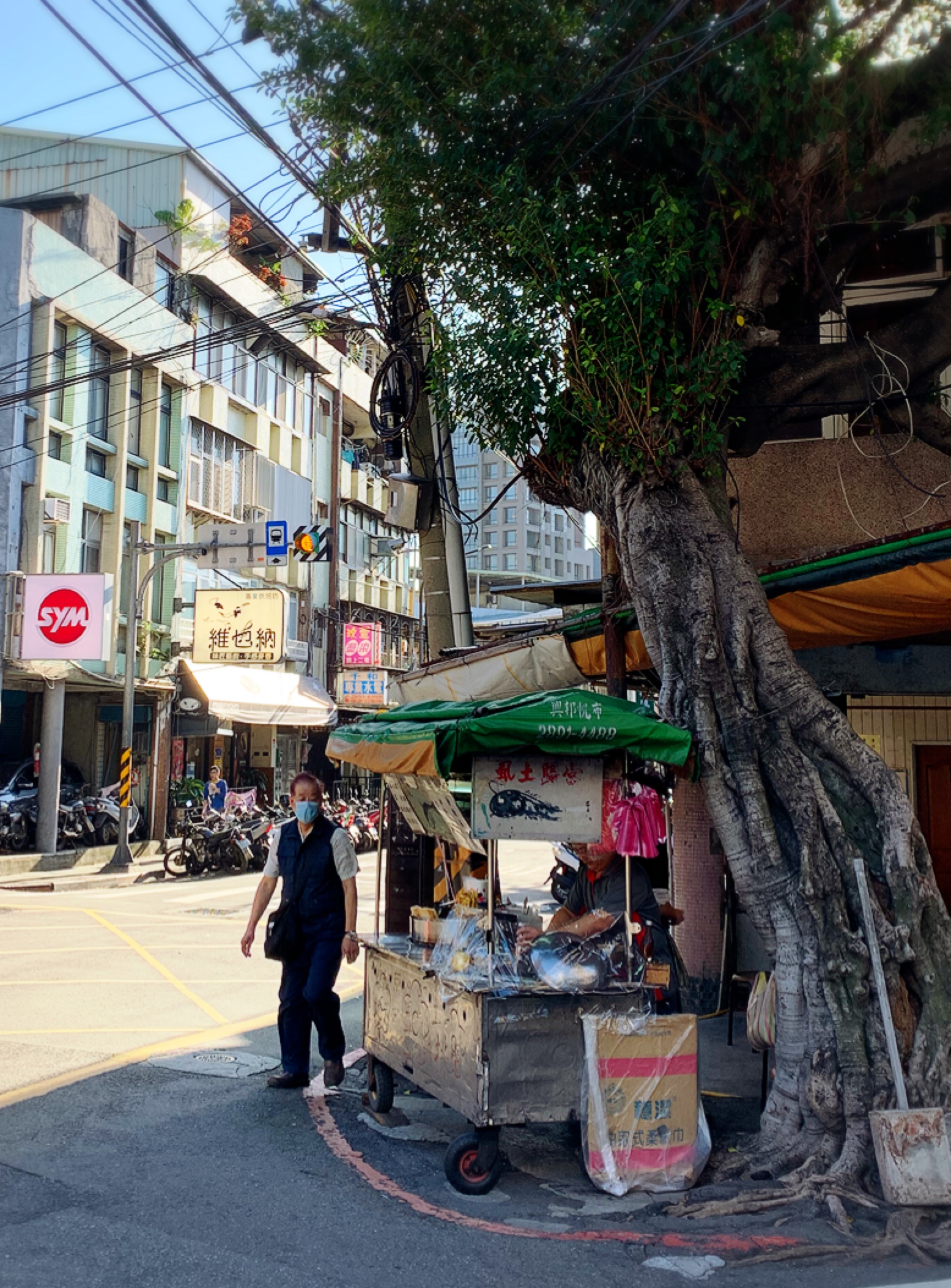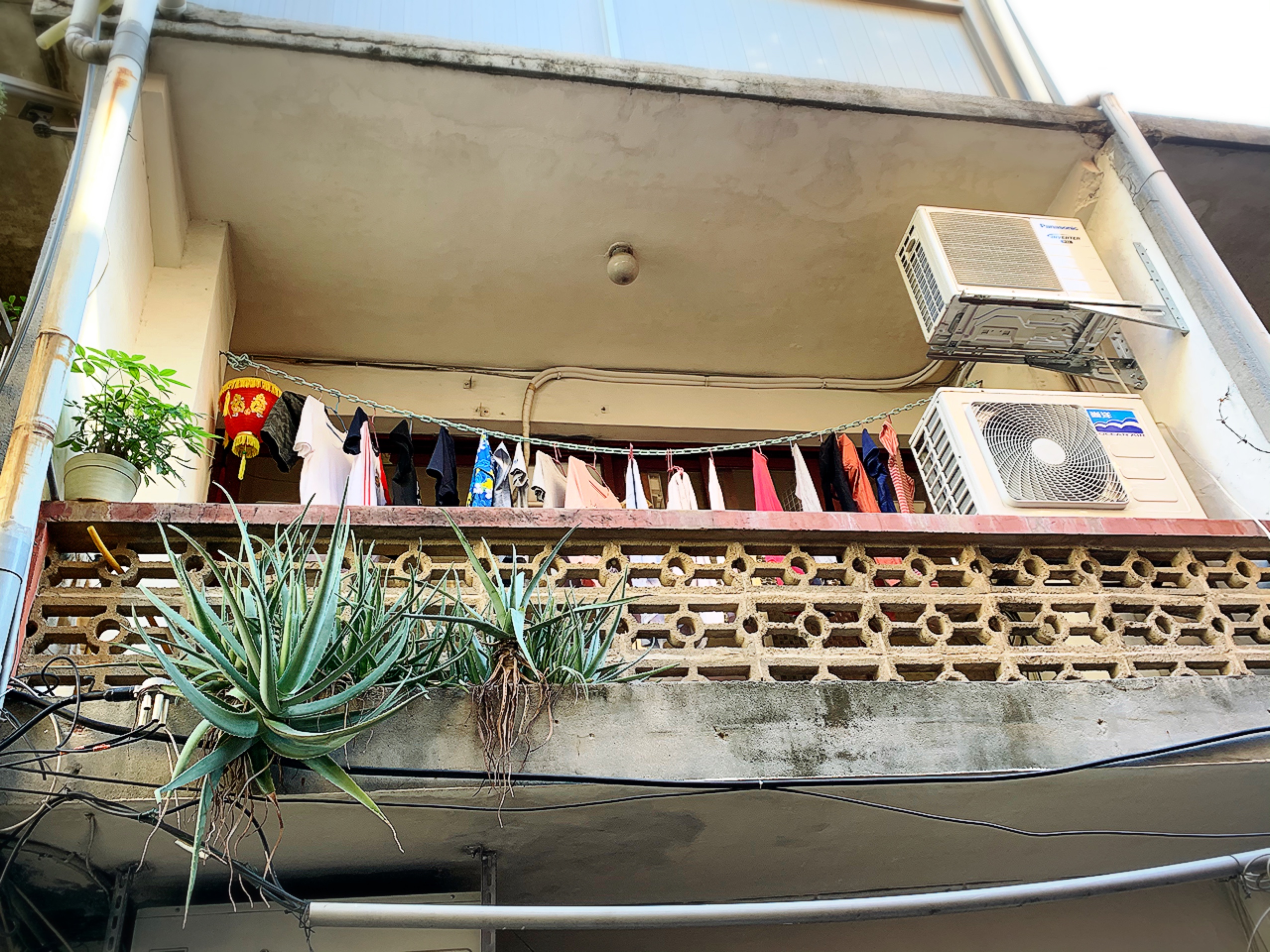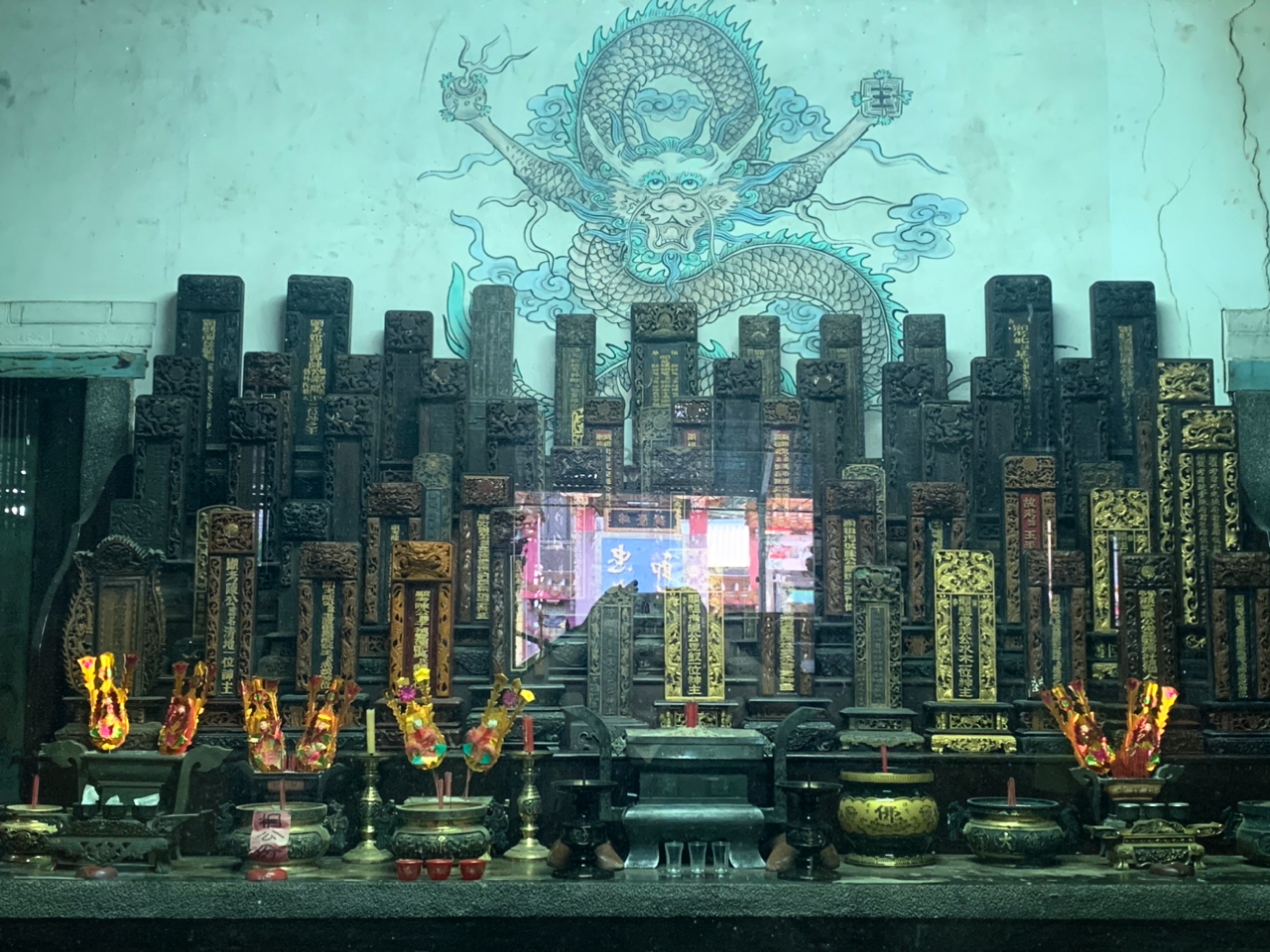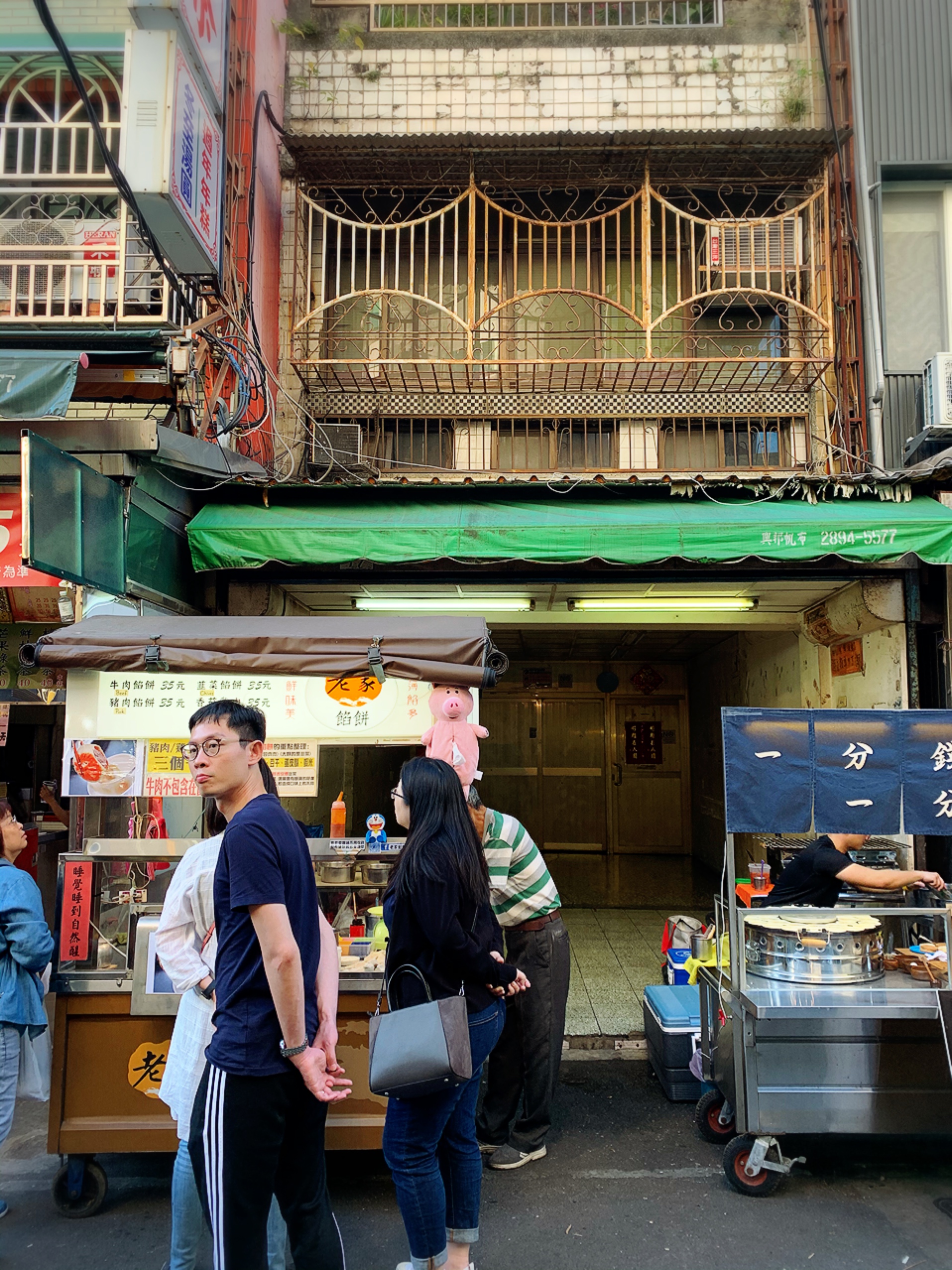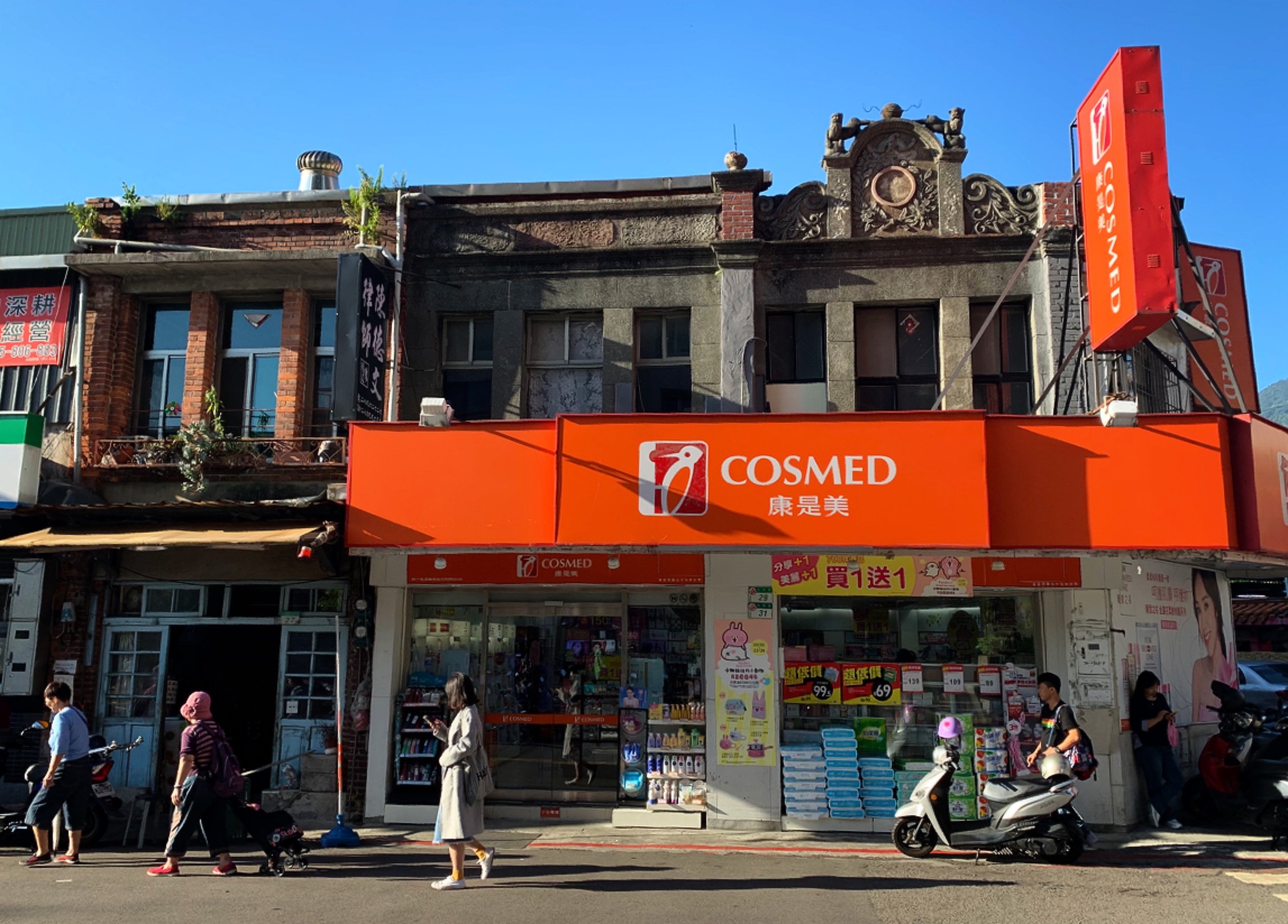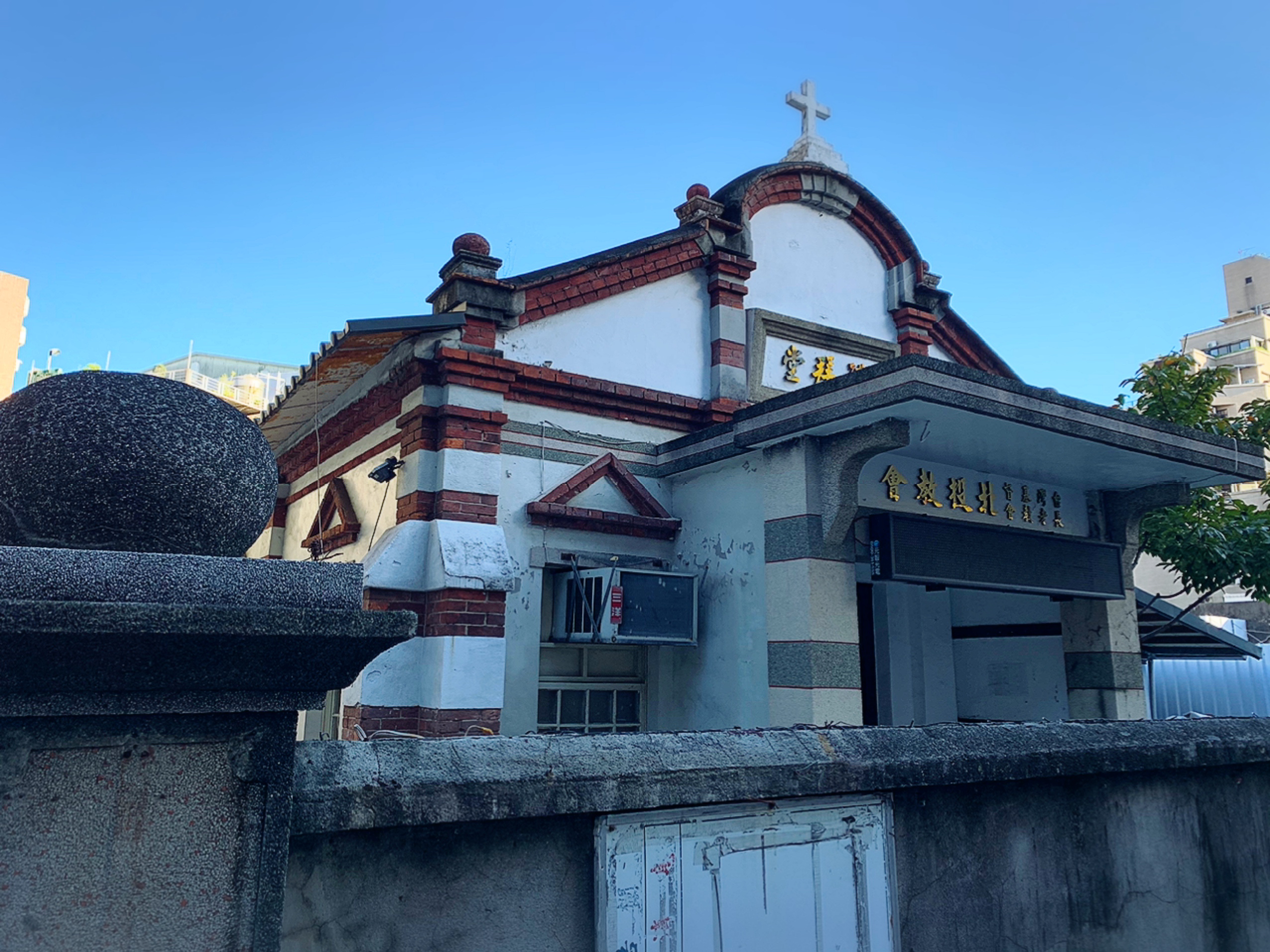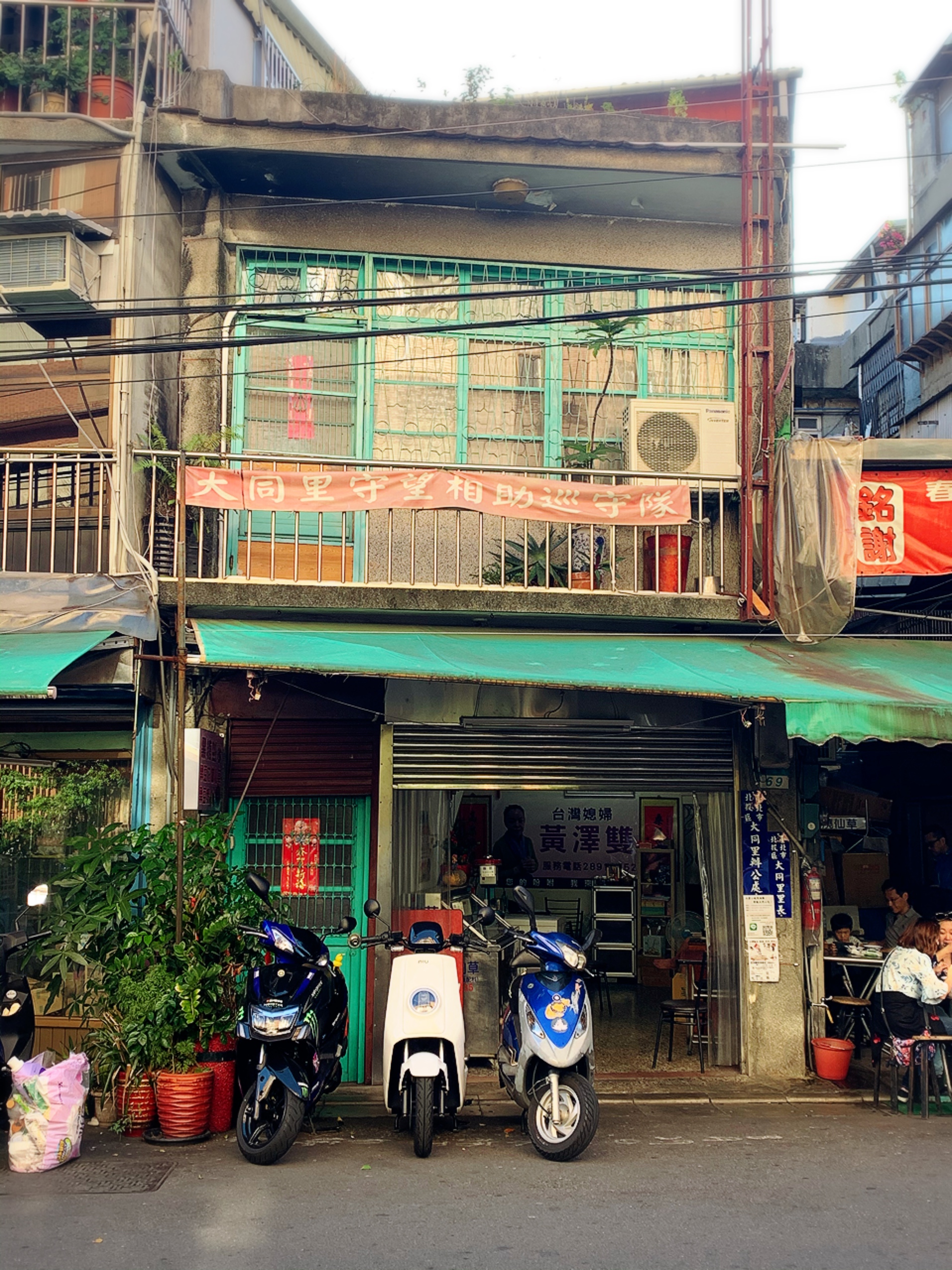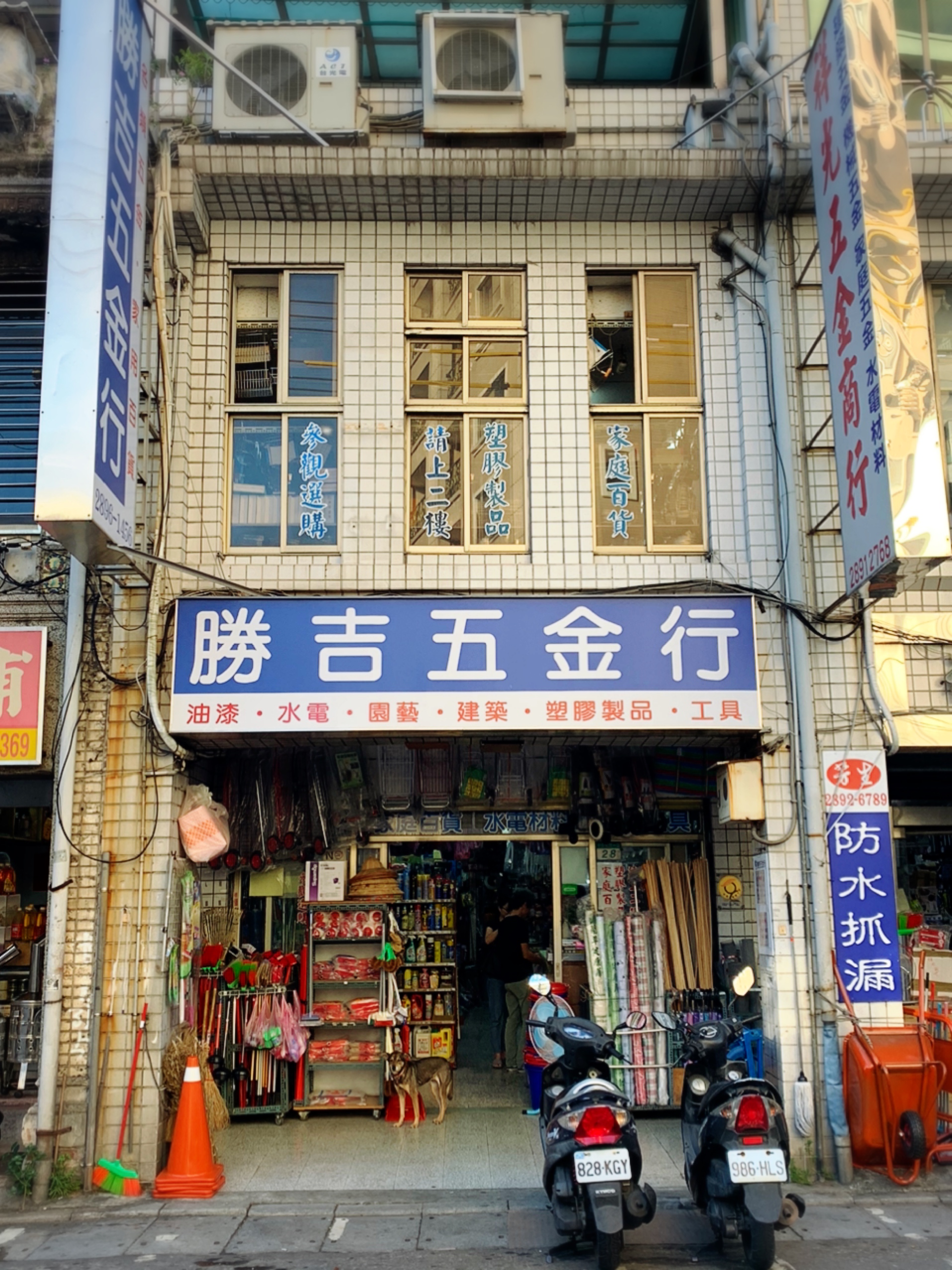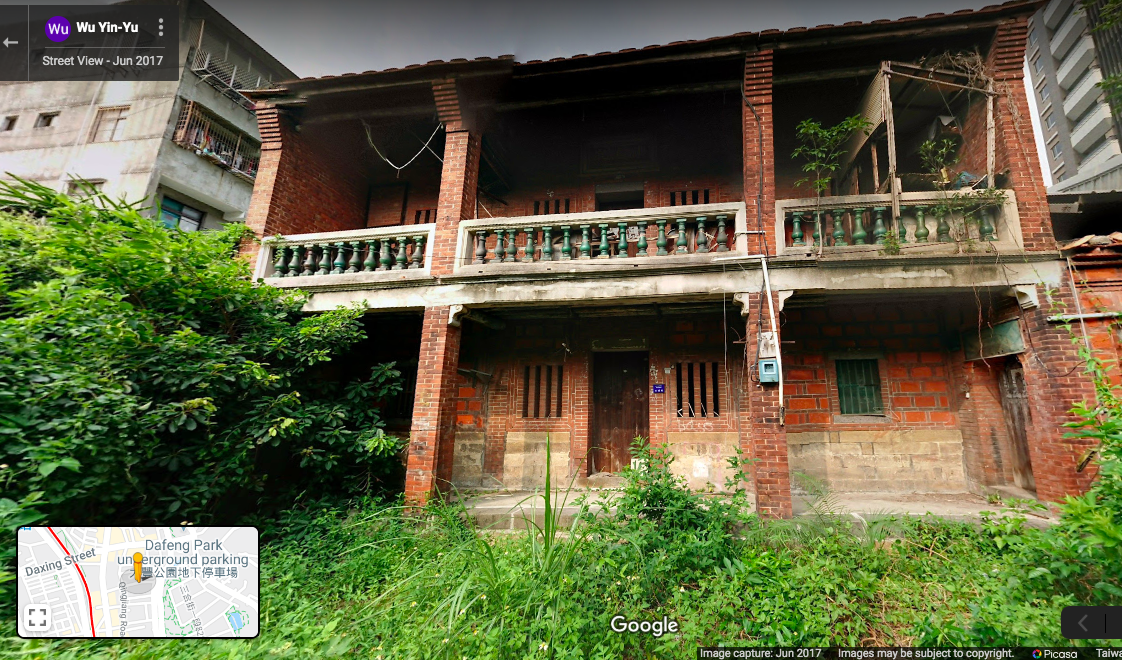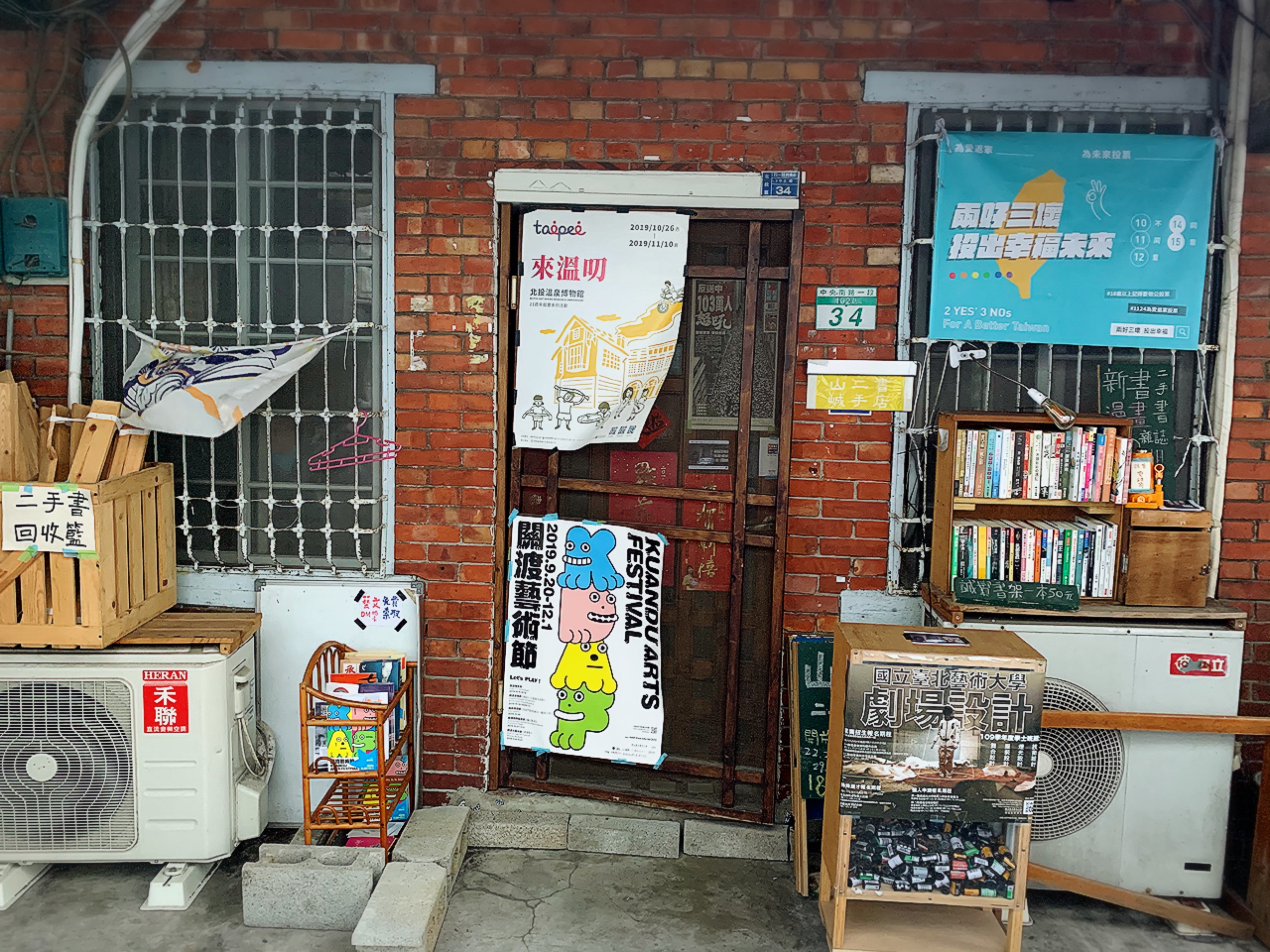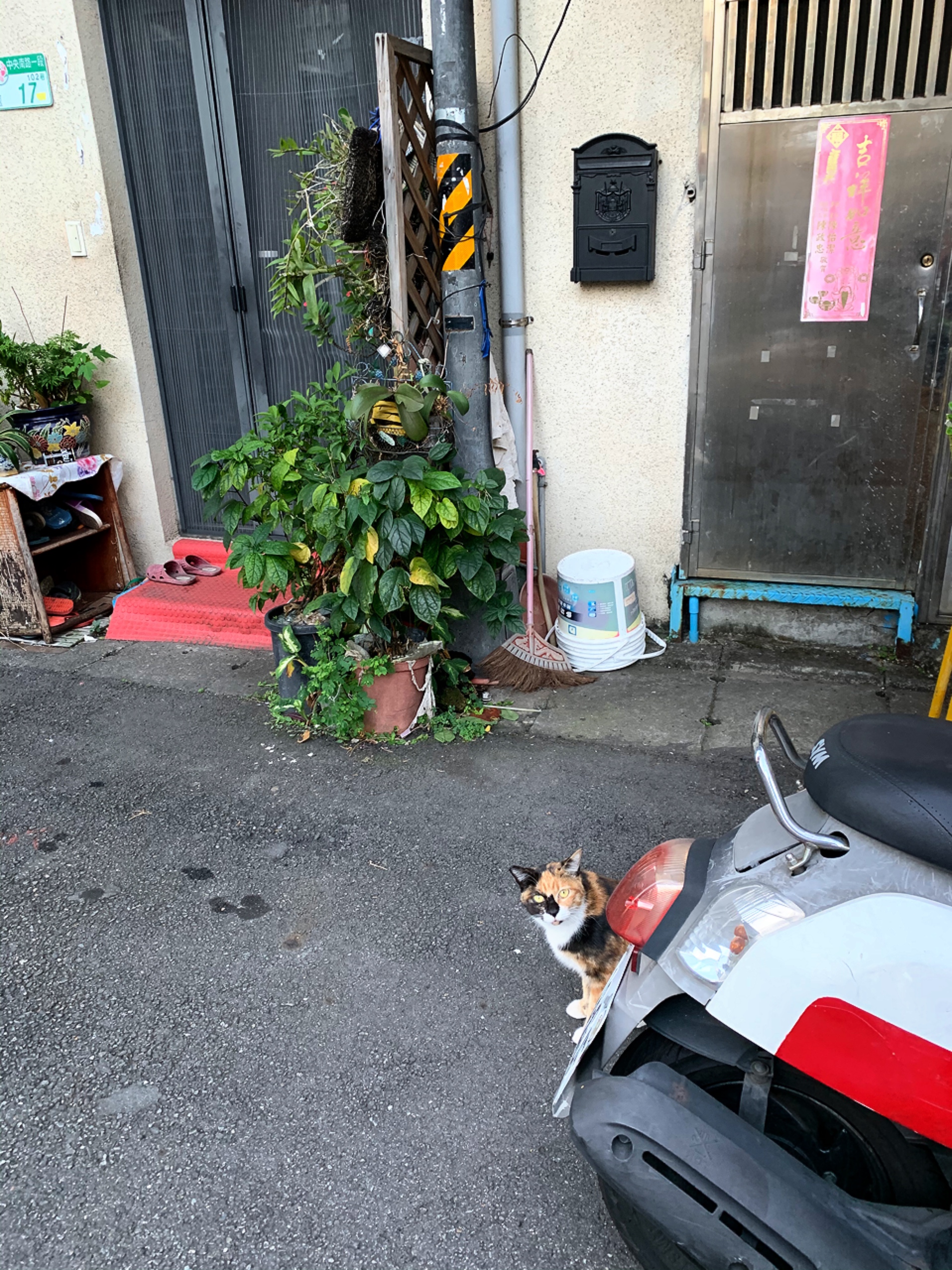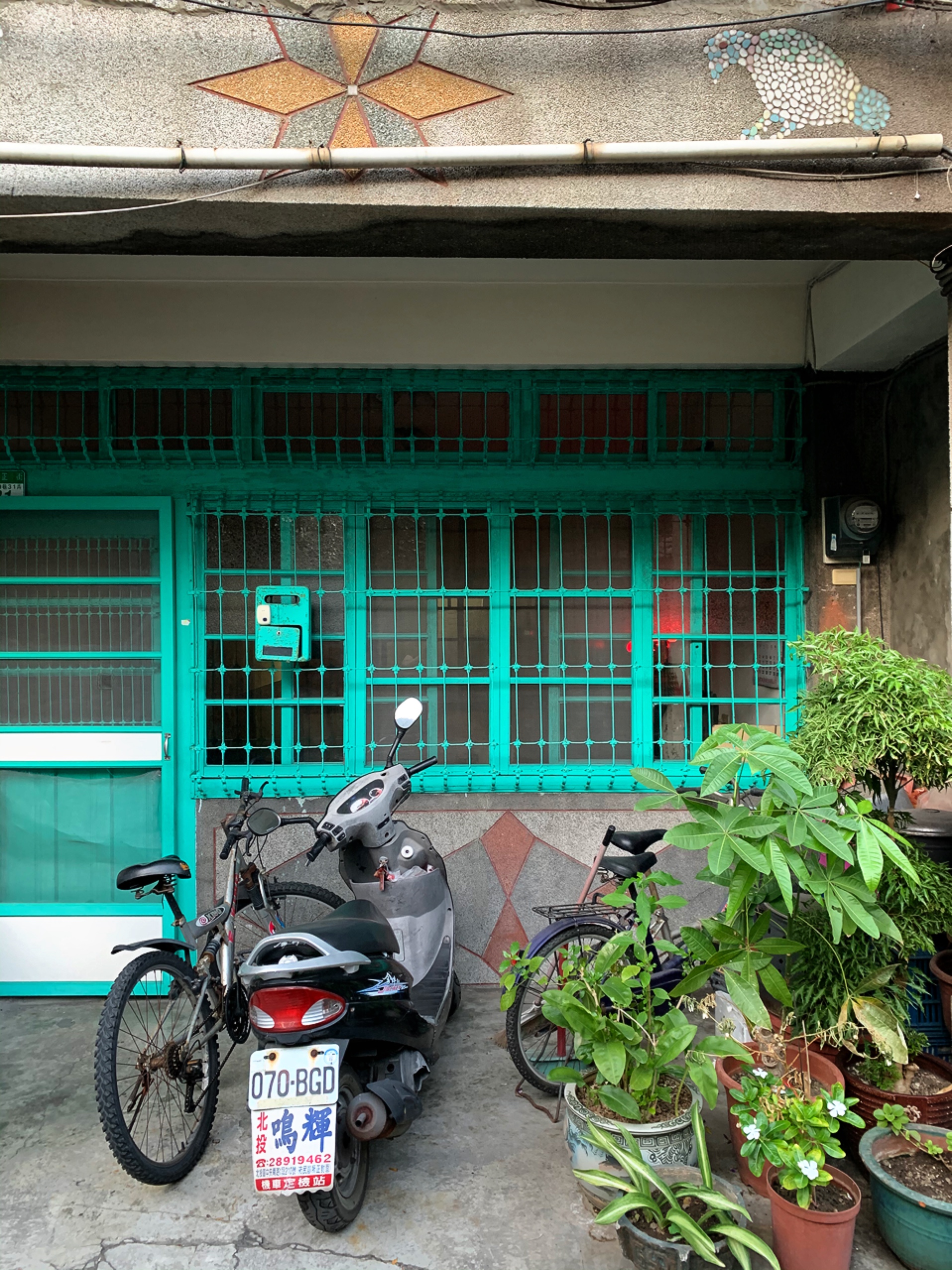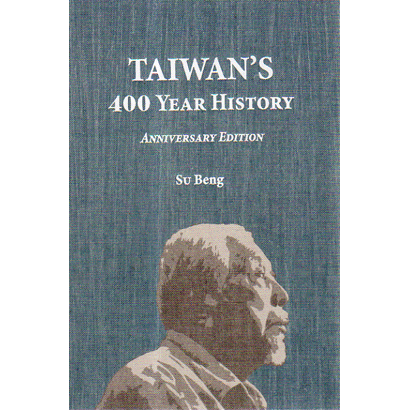 |
| The speech bubble says: "I'm 200 times bigger than a standard jelly baby!" |
Recently presidential candidate and Kobitos peach Han Kuo-yu likened looking at poll results to 'getting hemorrhoids' and then said that his supporters should stop participating in them (or lie and say they supported Tsai Ing-wen).
I'm not even going to bother going into how childish this is - basically the equivalent of "I'm taking my ball and GOING HOME!", showing what a big fat man-baby Han is deep down - because I think there's more going on there.

Frozen Garlic already covered this pretty well, pointing out that other KMT candidates might not be so pleased about it, which indicates it was more of him mouthing off than a KMT-planned strategy, which implies that rifts within the KMT are not only deep, but that the cracks spread rather wide. Perhaps wider than the general public is aware of.
His mouth-off might have been strategic or intentional, or not. There is a childish logic to deciding that you're going to try to remove a thing that's not working out for you, rather than dealing with it. It almost doesn't matter; when commentators liken him to Donald Trump, this is the sort of thing they mean. "The rules aren't working for me, so I'm not just going to throw out the playbook, I'm going to crap all over it so nobody else can use it either!" is extremely Trumpian. And remember, Trump won. It's not a crazy tactic to try and basically neuter a problem plaguing one's campaign, in this case, poor polling results.
But something else struck me while chatting about it with a friend late the other night. This is a bully's move, not the move of someone hoping to attract more supporters. This is what you do when you think you've got everyone on your side that you are going to get, and all you can do from here is try not to lose any more points, and hope for an upset or technicality that gets you in (you know, like Trump).
Voters who are still on the fence between "obvious hotheaded puppet of Beijing" and "cautious person who has run the country competently for four years" aren't going to think "well, Tsai has stood up to China really well, but you know, I like that Han Kuo-yu just sort of gave his finger to the entire concept of data collection. I think I'll vote for him!" This is the sort of thing that riles up an angry base, but does not necessarily expand it.
What we can deduce, then, is that Han has decided to play a bully's game rather than use poll results to try and hone his message and grab more voters who may not love Tsai and are still open to voting for the KMT. He knows he won't be able to. We can also see how little he actually cares about carefully targeted messaging (though to be honest, I think we already knew that).
Interestingly, though, for a man who claims to speak for the people, he doesn't seem very interested in what the people are actually saying when they respond to those polls! Could it be - that he doesn't actually care and thinks swagger alone could help him win? Call me crazy.
But when those polls are conducted - and they surely will go forward - we'll be able to gauge to some rough degree whether Han's supporters are actually listening to him. By that measure, we might have a stronger idea of how many of them are strong supporters and how many are just voting for him because he's KMT and they'd vote for a paper bag if it had a white sun drawn on it, but won't necessarily voice automatic agreement with everything he says.
His tantrum was reminiscent to me of the time he said he didn't want the votes of Taiwan independence supporters, telling them to "vote for Tsai!" An odd strategy, as most Taiwanese support some form of independence, or at least they don't support unification of any kind, ever.
It's also odd as, in the past, the KMT has at least pretended to want to court independence supporters (not trying that hard, knowing they'd never get the hardcore folks, but trying to get the so-called 'centrists' who might buy a line like 'no independence, no unification, no war', a saying of Ma Ying-jeou's during his own campaign and administration). However, that doesn't seem to have been just an outburst of Han's, as around the same time the KMT started testing out the idea of promoting a "cross-strait peace agreement" (tantamount to some form of unification), and Ma himself changed his tune to "no independence, no war, don't reject unification".
That doesn't seem to have worked, as his poll numbers have been slipping ever since. Hence his latest screamer.
I suppose I could say more about this, but you know what? It's a beautiful Sunday and I could be not doing that.

